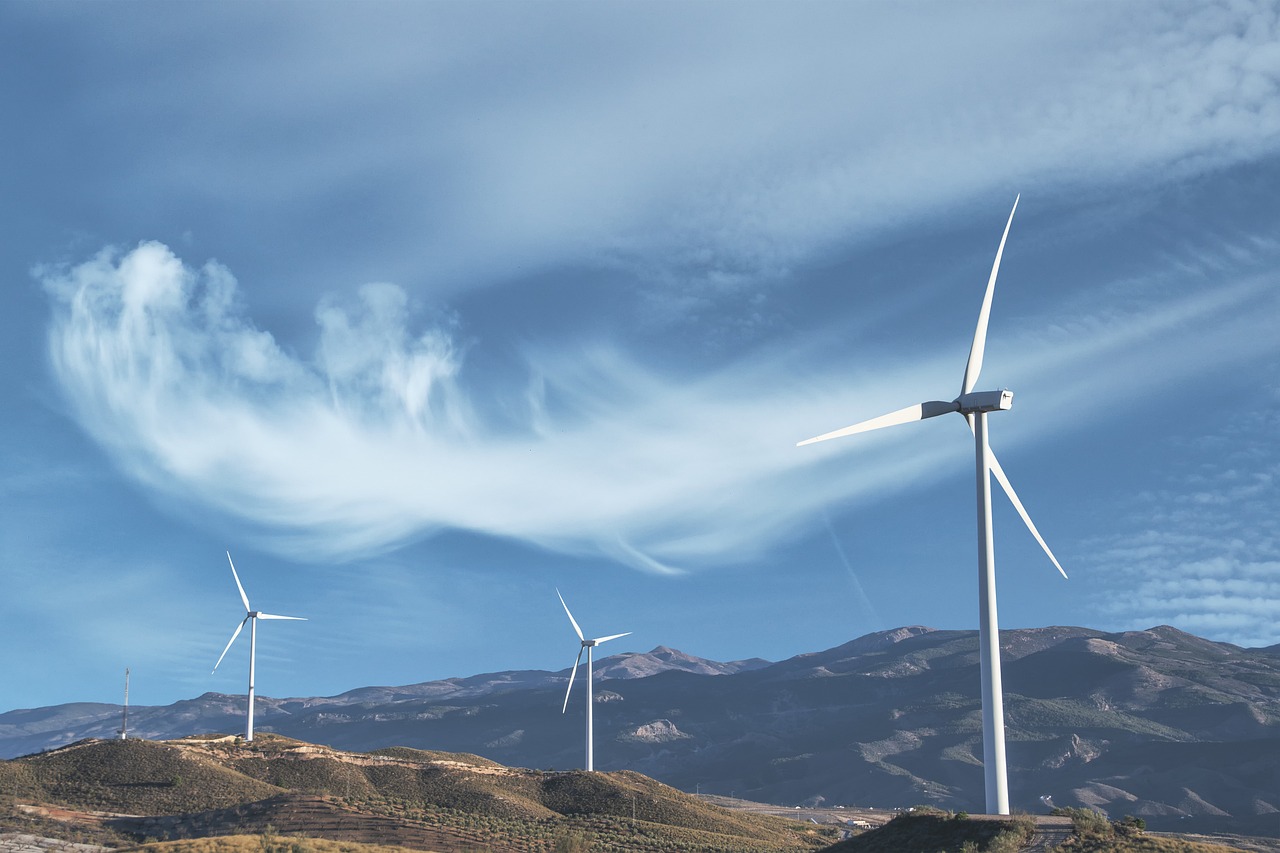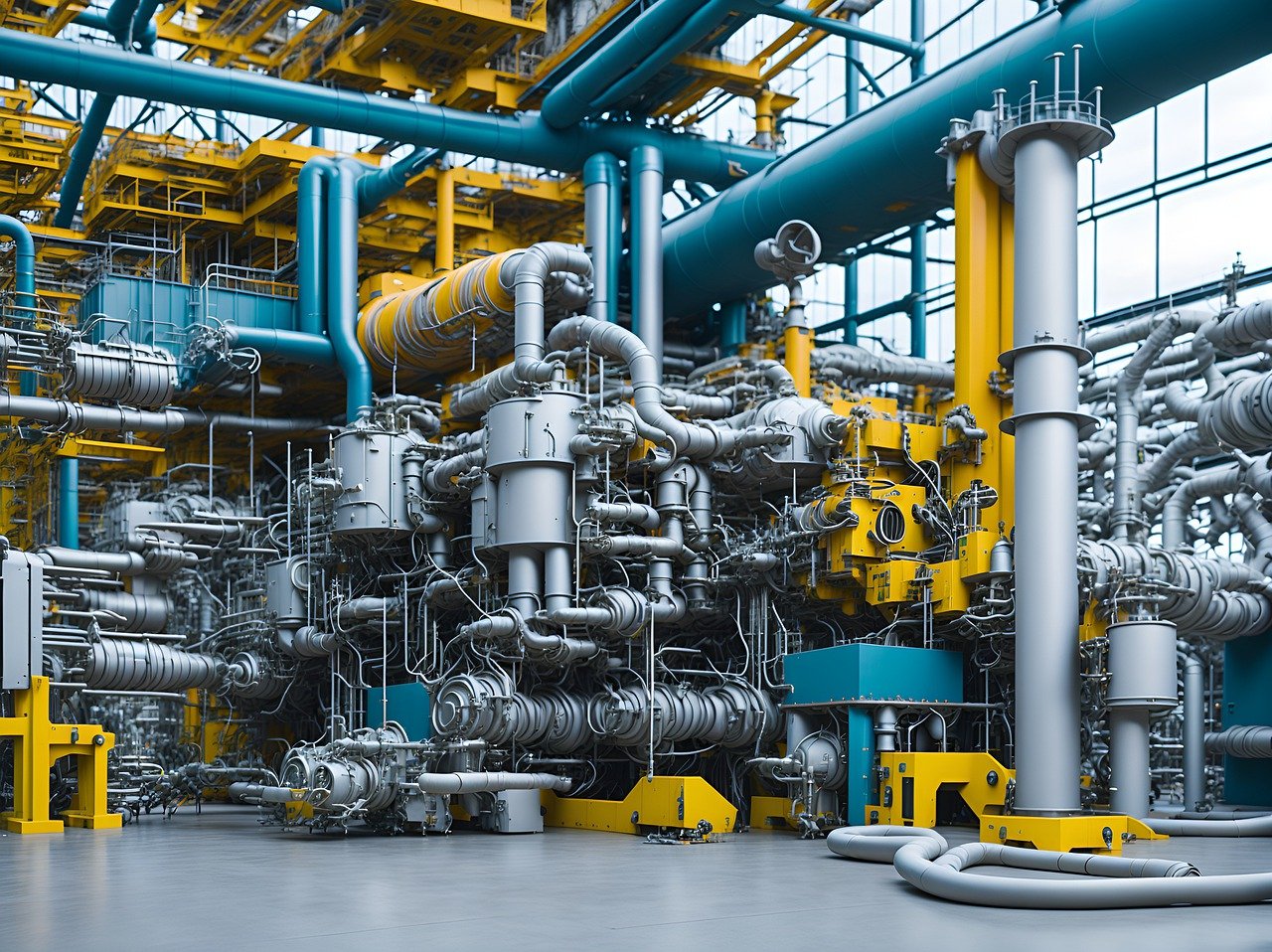Green Careers: Navigating Job Opportunities in Germany’s Sustainable Future
As the world grapples with the pressing challenges of climate change, the demand for green careers is on the rise. Germany, a leader in renewable energy and sustainable practices, offers a plethora of job opportunities in various sectors, including renewable energy, sustainable agriculture, and environmental science. This article explores the landscape of green careers in Germany, focusing on the Energiewende (energy transition), the role of education and training, and the vibrant green economy in cities like Freiburg.
The Urgency of Climate Change and the Rise of Green Careers
Climate change poses one of the most significant threats to our planet, with rising temperatures, extreme weather events, and biodiversity loss becoming increasingly common. According to the Intergovernmental Panel on Climate Change (IPCC), global temperatures could rise by 1.5 degrees Celsius above pre-industrial levels as early as 2030 if current trends continue. This alarming reality has spurred nations to take action, leading to a surge in green careers aimed at mitigating environmental impacts.
What Are Green Careers?
Green careers encompass a wide range of professions that contribute to environmental sustainability. These jobs can be found in various sectors, including:
- Renewable Energy
- Sustainable Agriculture
- Environmental Science
- Conservation and Wildlife Management
- Green Building and Architecture
- Environmental Policy and Advocacy
As the green economy expands, the need for skilled professionals in these areas continues to grow, creating a wealth of job opportunities.
Germany’s Commitment to Renewable Energy
Germany is at the forefront of the global transition to renewable energy, driven by its ambitious Energiewende policy. This initiative aims to reduce greenhouse gas emissions, increase energy efficiency, and promote the use of renewable energy sources. As of 2021, renewable energy accounted for approximately 42% of Germany’s total electricity consumption, with wind and solar power leading the charge.
Job Opportunities in Renewable Energy
The renewable energy sector in Germany is a significant source of employment. According to the German Solar Industry Association, the solar industry alone employed over 100,000 people in 2020. Key job roles in this sector include:
- Solar Panel Installers
- Wind Turbine Technicians
- Energy Engineers
- Project Managers for Renewable Energy Projects
- Research and Development Specialists
Moreover, the German government has set ambitious targets to further increase the share of renewables in its energy mix, which will likely lead to even more job opportunities in the coming years.
Sustainable Agriculture: A Growing Field
As the global population continues to rise, sustainable agriculture has become increasingly important. Germany is home to a robust agricultural sector that is gradually shifting towards more sustainable practices. This transition is essential for ensuring food security while minimizing environmental impacts.
Careers in Sustainable Agriculture
Job opportunities in sustainable agriculture include:
- Organic Farmers
- Agricultural Scientists
- Soil and Crop Specialists
- Agroecologists
- Food Policy Analysts
In addition to traditional farming roles, there is a growing demand for professionals who can develop innovative solutions to enhance sustainability in food production. For instance, vertical farming and permaculture are gaining traction as viable alternatives to conventional agriculture.
Environmental Science: Protecting Our Planet
Environmental science plays a crucial role in understanding and addressing the challenges posed by climate change. In Germany, this field encompasses a wide range of disciplines, including ecology, geology, and atmospheric science.
Career Paths in Environmental Science
Professionals in environmental science can pursue various career paths, such as:
- Environmental Consultants
- Wildlife Biologists
- Climate Change Analysts
- Environmental Educators
- Policy Advisors
With Germany’s commitment to environmental protection and sustainability, the demand for environmental scientists is expected to grow, particularly in research and policy development roles.
The Green Economy and Its Impact on Job Creation
The green economy refers to economic activities that aim to reduce environmental risks and ecological scarcities while promoting sustainable development. In Germany, the green economy is thriving, with numerous initiatives aimed at fostering innovation and job creation.
Freiburg: A Model for Sustainable Development
Freiburg, often referred to as the “Green City,” is a prime example of successful sustainable development. The city has implemented various initiatives to promote renewable energy, sustainable transportation, and green building practices. As a result, Freiburg has become a hub for green jobs, attracting professionals from various fields.
Some notable projects in Freiburg include:
- The Vauban District: A sustainable neighborhood designed with energy efficiency and community living in mind.
- The Solar Settlement: A residential area powered entirely by solar energy.
- Extensive cycling infrastructure: Promoting sustainable transportation options.
These initiatives not only contribute to environmental sustainability but also create numerous job opportunities in construction, urban planning, and renewable energy.
Education and Training for Green Careers
As the demand for green careers continues to rise, education and training play a vital role in preparing the workforce. In Germany, various educational institutions offer programs focused on sustainability and environmental studies.
Higher Education Institutions and Programs
Many universities in Germany offer specialized programs in environmental science, renewable energy, and sustainable agriculture. Some notable institutions include:
- Freiburg University: Known for its strong emphasis on sustainability and environmental research.
- Technical University of Munich: Offers programs in renewable energy and environmental engineering.
- University of Hohenheim: Focuses on agricultural sciences and sustainable food systems.
In addition to traditional degree programs, vocational training and apprenticeships are also essential for equipping individuals with the skills needed for green careers. Many organizations offer training programs that focus on practical skills in renewable energy installation, sustainable farming practices, and environmental management.
Conclusion: Embracing the Green Future
The transition to a green economy presents a wealth of opportunities for job seekers in Germany. As the country continues to lead the way in renewable energy, sustainable agriculture, and environmental science, the demand for skilled professionals in these fields will only grow. By investing in education and training, individuals can position themselves for success in this rapidly evolving job market.
In summary, green careers are not just a trend; they represent a necessary shift towards a more sustainable future. With Germany’s commitment to the Energiewende and its vibrant green economy, the potential for job creation in this sector is immense. As we face the challenges of climate change, embracing green careers will be crucial for building a sustainable world for future generations.
By understanding the various sectors within the green economy and the educational pathways available, individuals can take proactive steps towards a fulfilling career that contributes to environmental sustainability. The future is green, and the opportunities are abundant.



